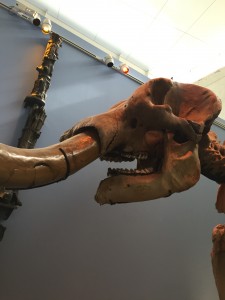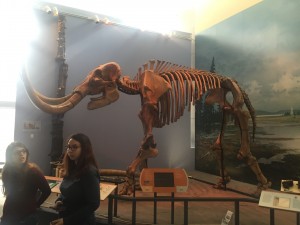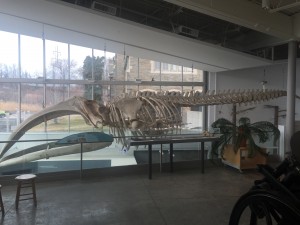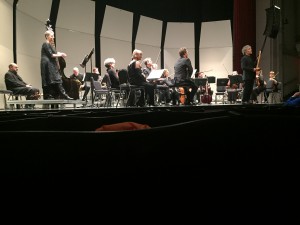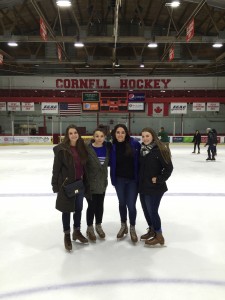It had been a while since I last went hiking. I got a little messy, learned about some forest dynamics, and, because I was warned about ticks, later that day I learned about those too. I think going on my hike through Cornell Plantations was a good opportunity to get some fresh air and some nice pictures, all of which I would have missed otherwise.
Starting off the trip, I got a few snaps of these dogs who live in a house neighboring the plantations. We were initially scared when we had the bigger one coming towards us, but luckily he was friendly and the little one loud but not bold. If you look in the background you can see them walking away, and in the front is our guide, Director Bittner.
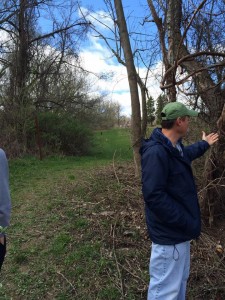
So we continued on, and as you’ll be able to see from most of my photos I stayed behind taking pictures.
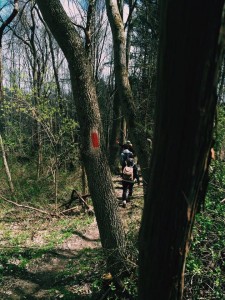
Mr. Bittner was telling the group about the meaning of the red marks, and about differentiating between the meaning of the single and double dash. After taking my picture, I ran up to meet the rest of the group, and that was kind of the dynamic for the rest of the trip.

In between my allergic reactions and listening to Mr. Bittner, I played around with the panoramic feature on my iPhone. Luckily for me, no one was moving here so I ended up with one good wide-shot. So we continued, stopping every once and a while to hear from Mr. Bittner, and to sneak in some photos. The weather was a little chilly at first, but as we continued on uphill more tolerable. On our trip, we started out talking about finding clues of human land development.


Tagged trees
From the use of barbed wire, population regulation, and tags, such as the one in the photo above, we learned how both humans and other organisms interact with the environment to suit their needs. This led to a conversation about how species interact with one another, deer with native plants, humans with the growing number of deer, and my favorite bird courtship, which I thought was kind of funny. Apparently birds aren’t just superficial, but some are driven towards the bright and vocal as opposed to the strong because the aesthetically-pleasing give off the illusion of strength by drawing so much attention to themselves. Other such interactions include tagging trees that need to be injected with pesticides to mitigate the impact of invasive species. As Director Bittner explained the holes we’d seen were dug out by large woodpeckers.

The place where I ruined my shoes

Apparently some large woodpeckers over here…
All in all it was a nice trip, we were both greeted and shooed away by some cute dogs, and on our way back I found a country restaurant, Stella’s, that I can check out in my next three years. I ended with a nice set of photos, I learned a bit about the plantation as well as photography. Going back to campus, Director Bittner introduced me to the thirds-rule, and now I have a new term under my belt. We looked through my photos, I found a few gems, my favorites being some of my last.
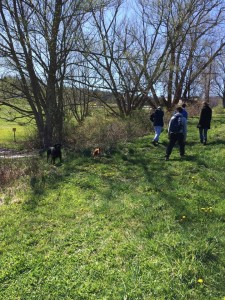


Looking through my pictures afterwards, I saw this dog’s expression and realized it was very expressive
It was a trip I’m glad I had the opportunity to take. Thank you to the Rose Scholar’s program, Director Bittner, Cornell Plantations, and the other scholars for a nice day. For more pictures contact me through my netid, kaj93, I’ll be glad to share.








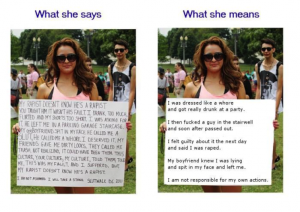
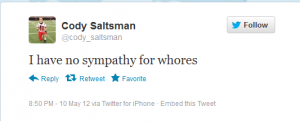











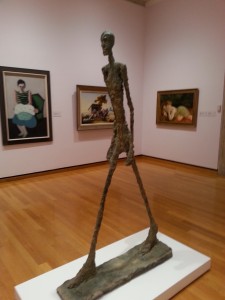
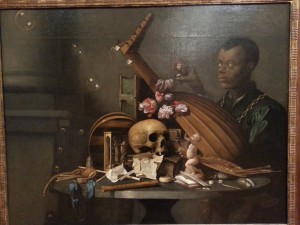
![IMG_0416[1]](https://blogs.cornell.edu/rosescholarssp16/files/2016/03/IMG_04161-1f0sorv-300x225.jpg)
![IMG_0418[1]](https://blogs.cornell.edu/rosescholarssp16/files/2016/03/IMG_04181-1kft9wn-300x225.jpg)
![IMG_0413[1]](https://blogs.cornell.edu/rosescholarssp16/files/2016/03/IMG_04131-zq62y5-300x225.jpg)
![IMG_0411[1]](https://blogs.cornell.edu/rosescholarssp16/files/2016/03/IMG_04111-1i025or-300x225.jpg)

